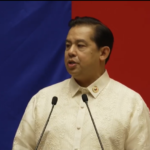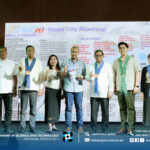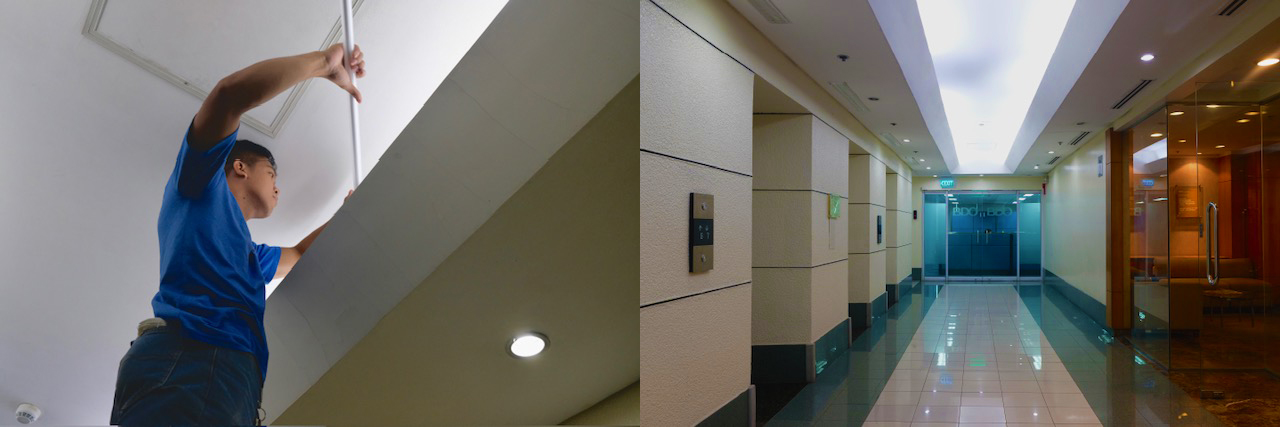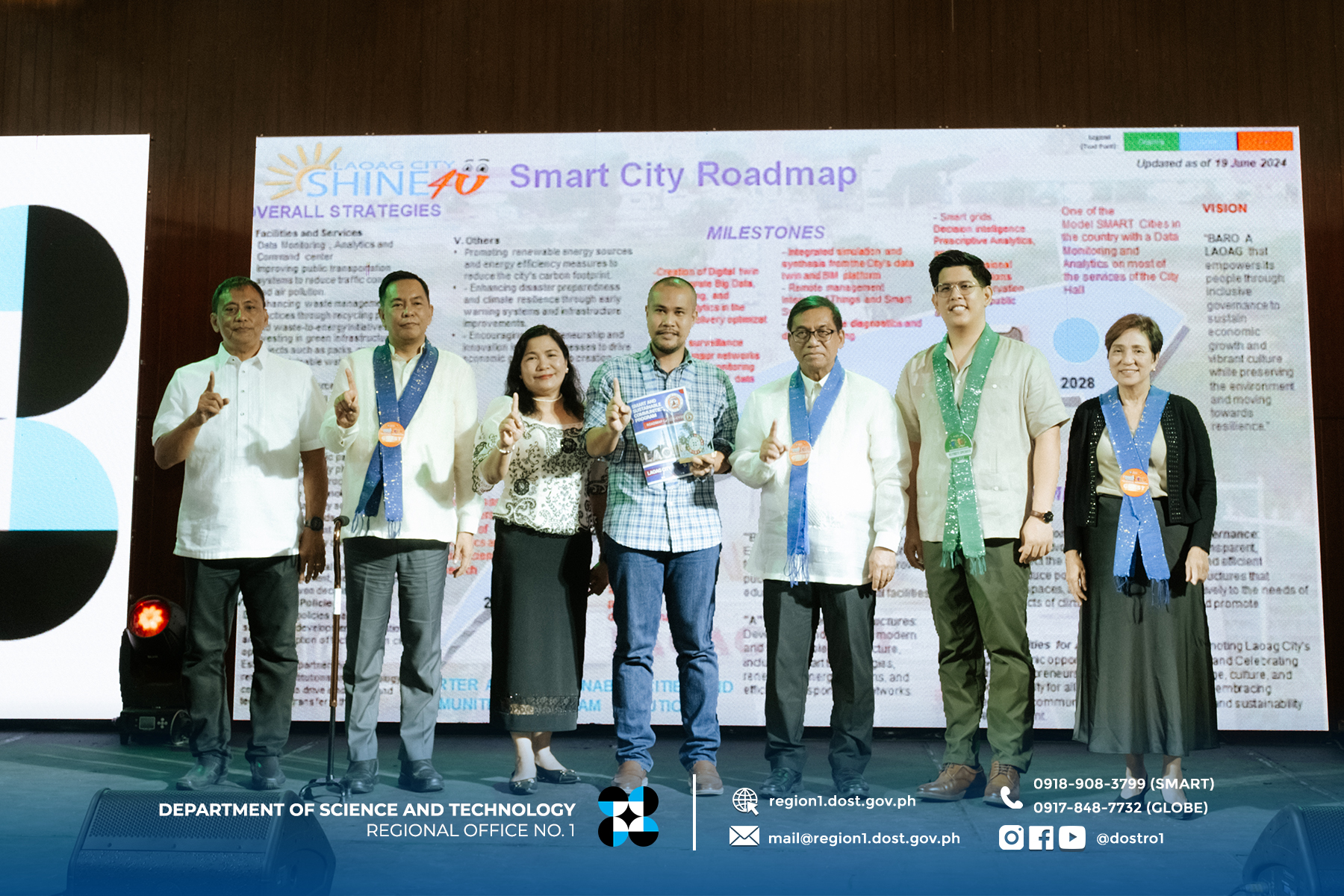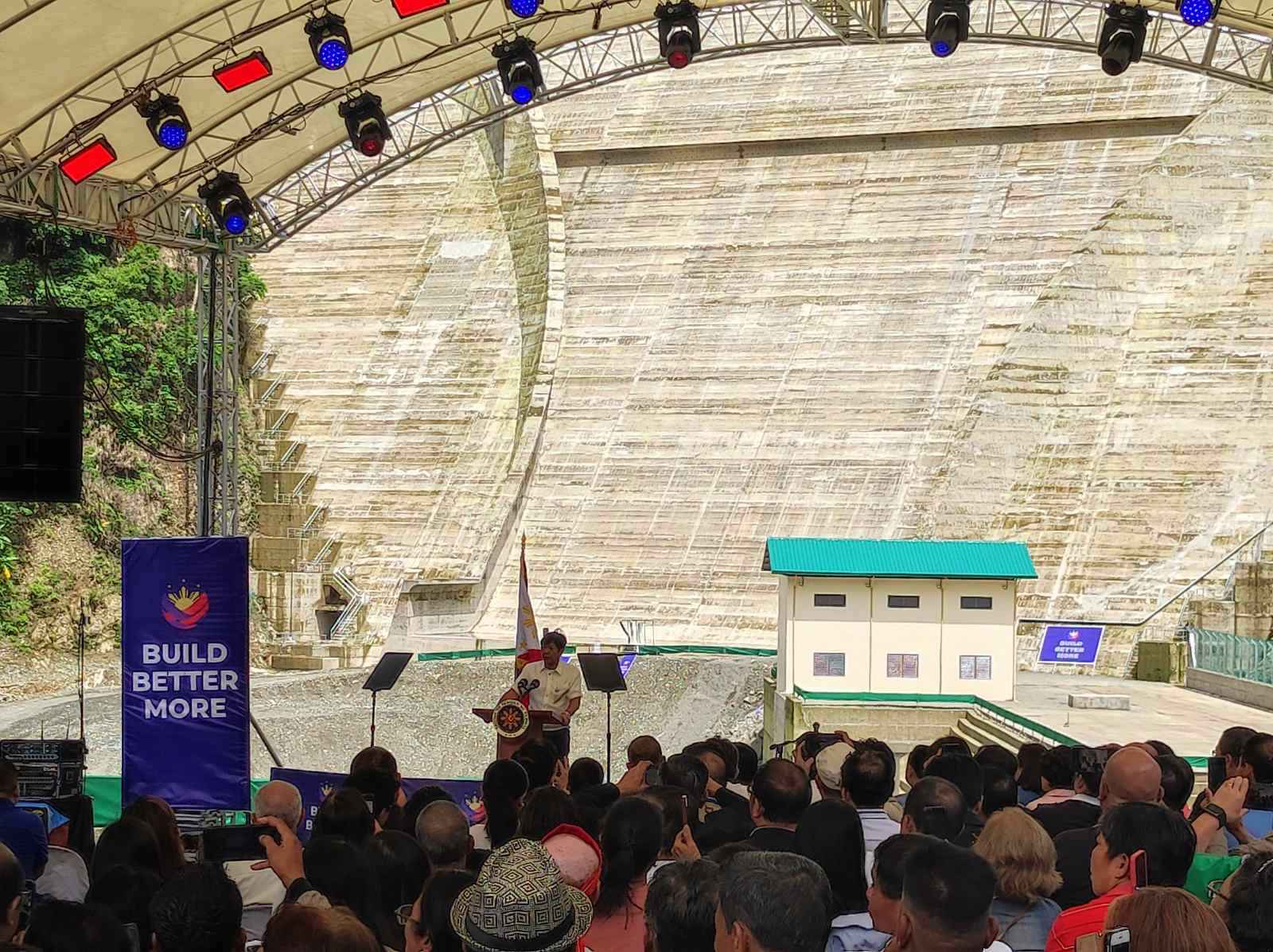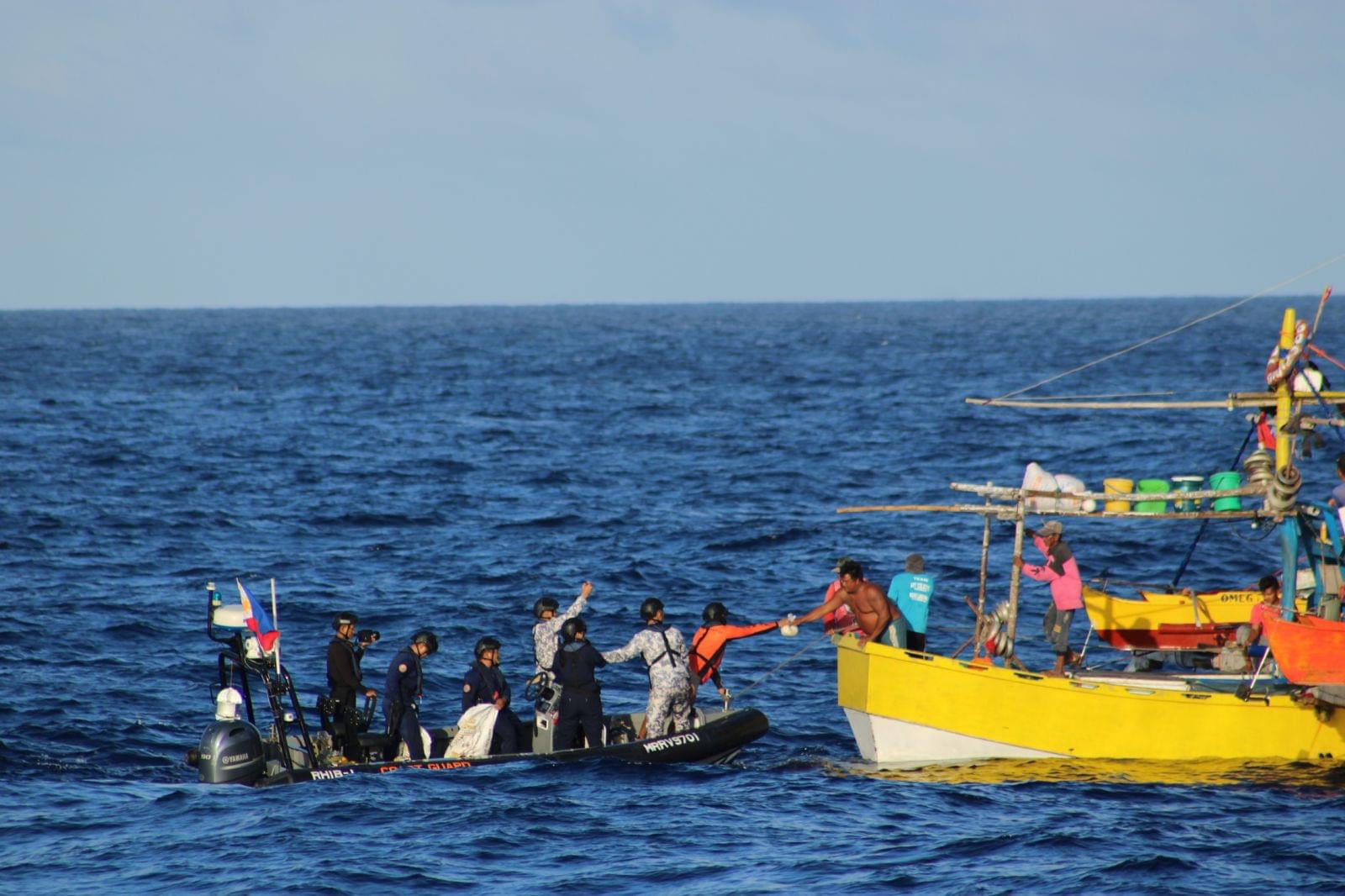INVESTMENT CLIMATE. House Deputy Majority Leader and Iloilo 1st District Rep. Janette Garin responds to media queries during a press conference on Monday (April 1, 2024). She said the overall investment climate in the Philippines is improving. (Photo courtesy of House Press and Public Affairs Bureau)
House Deputy Majority Leader and Iloilo 1st District Rep. Janette Garin has noted that the overall investment climate in the Philippines is improving especially with the administration’s efforts to shore up the economy under the Bagong Pilipinas governance brand.
Garin made the remark in the light of a recent HSBC Global Research’s report that the Philippines’ reputation for attracting foreign direct investments (FDIs) is “turning for the better” amid reforms that improve the country’s business climate. She said the peace and order situation in the country is a major factor in boosting business confidence and investments.
“Yes, the investment environment is actually improving although certain reforms are still badly needed. First of all of course is peace and order. If thais assured, investors will surely come in,” the The doctor-lawmaker said with confidence.
President Ferdinand R. Marcos Jr. earlier noted that the number of crimes had gone down to 198,617 in 2023, lower from the 207,143 crimes recorded in 2022, and way lower from the 295,382 crimes in 2017. He noted that index crimes “have gone down threefold,” from 107,899 in 2017 to just 38,436 last year.”
Aside from the decline in the country’s crime rate, Garin said the Bagong Pilipinas drive is a step in the right direction to improve bureaucratic efficiency that will also encourage more investments in the Philippines.
Garin said initiatives to further reduce red tape and other bottlenecks in transacting with government will ensure that doing business in the Philippines will become easier. “These are vital to improving the investment environment. One-stop shops, efficient delivery of public service, and not letting documents to sleep in government offices for too long — all of these would provide excellent returns for the public),” she stressed.
The HSBC’s report highlighted the country’s “strong narrative of reform” and “a large sense of macroeconomic stability” for attracting investors to set up shop and participate in the Philippines’ development, Garin noted.
“Thanks to the country’s robust reform narrative, FDI sentiment in the Philippines is bound to improve in the years ahead and the general pessimism regarding the country’s FDI competitiveness ought to turn for the better,” she added.
Garin said efforts to amend the restrictive economic provisions of the 1987 Constitution will make the Philippines more friendly to foreign investments and attract more investors to its shor
es. She pointed out that one of the concerns of foreign investors is not being able to own land in the Philippines because the Constitution prohibits it.
Apparently, there are problems in Philippine Constitution which prevent us from taking off. “It’s only natural, of course, because there is no perfect Constitution,” she added.
The House of Representatives has already approved on final reading the Resolution of Both Houses (RBH No. 7), which aims to amend specific economic constitutional provisions related to public utilities, education, and advertising.





